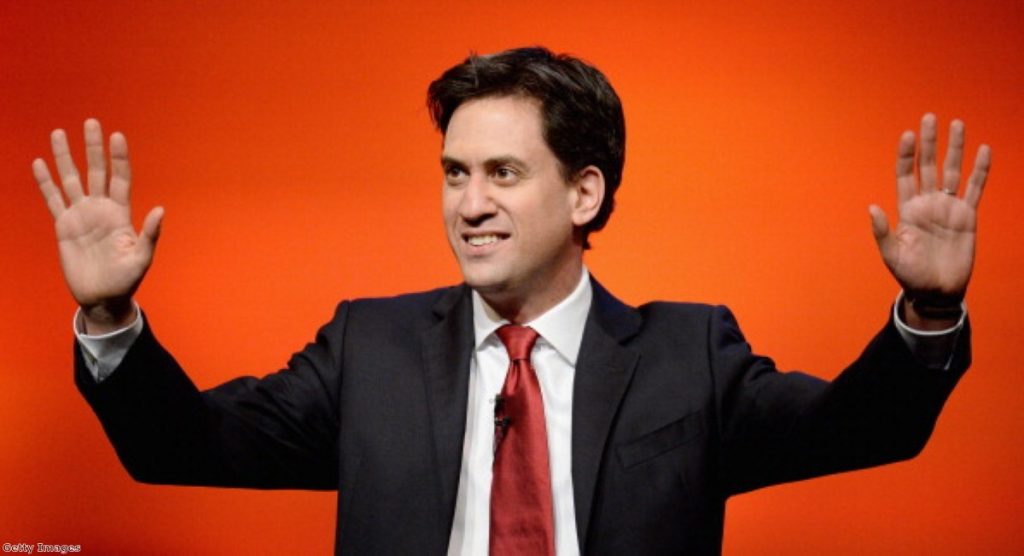Why Labour’s minimum wage pledge isn’t all it seems
Ed Miliband today pledged that he would increase the minimum wage faster than the rise in average earnings if he becomes prime minister.
"A Labour government will establish a clear link between the level of the minimum wage and the scale of wages paid to other workers in our economy," he is due to say in a speech later.
However, while this is a welcome pledge, it fails to take into account the fact that the national minimum wage (NMW) is already rising faster than average earnings and has done for years.
The NMW has increased by 75% since it was first introduced in 1999. Average earnings by contrast, have increased by just over 60%.


Here's the graph from the Low Pay Commission (LWP).

If the minimum wage had only increased in line with average earnings then low earners would be 54p an hour worse off now.
Similarly, if it had risen in line with either the Retail Price Index or Consumer Price index, then people would be either 82p or £1.37 an hour worse off than they are under the current system.
Of course Miliband could be suggesting that he would increase the minimum wage by far more than it is already rising.
In today's statement, Labour do say the NMW would get "closer to average earnings" and add that it would "increase significantly over five years."
But what this actually means in concrete terms is still not clear. Pushed on this on the Today programme this morning, Miliband would only say he would "consult" on what any increase would be.
Of course opposition politics is about sending a signal, but it helps if that signal is intelligible.
Would it not have been simpler and easier for voters to understand, if Miliband had just pledged to raise the minimum wage closer to the level of the living wage?
Without that pledge, Miliband's vague promise to "link" the minimum wage to earnings is bound to confuse people.
This feels like a missed opportunity from Labour.









